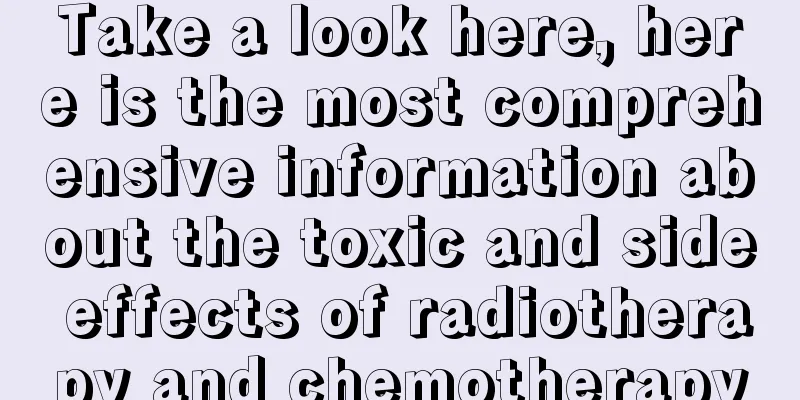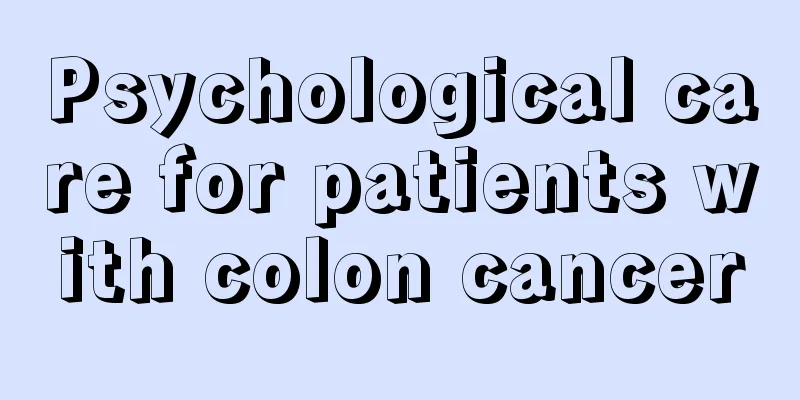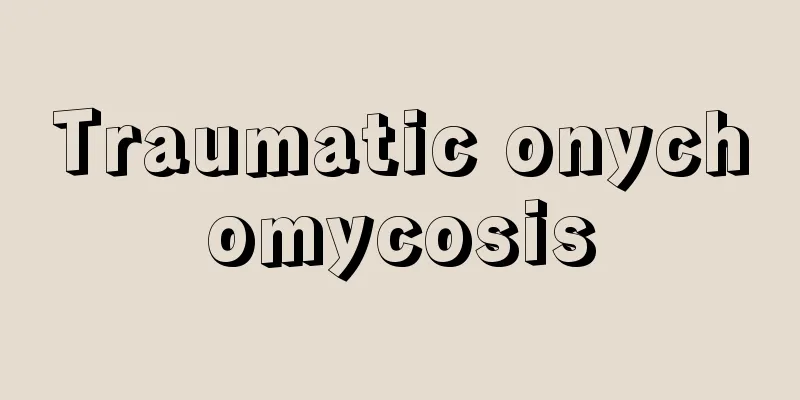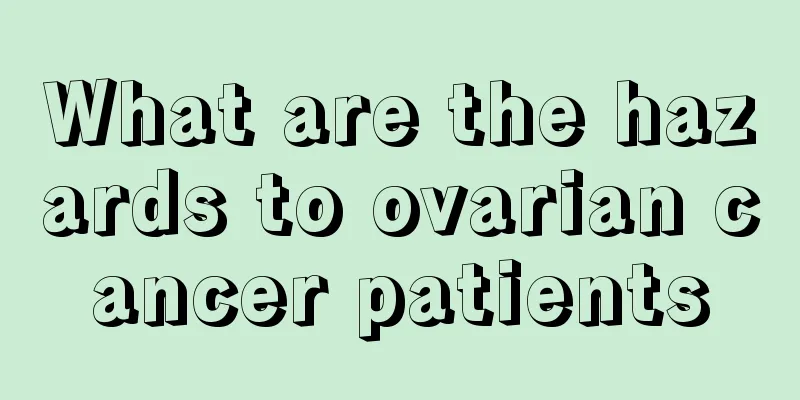Take a look here, here is the most comprehensive information about the toxic and side effects of radiotherapy and chemotherapy

|
Tumor treatment has always been based on surgery, chemotherapy or radiotherapy. Surgery can remove tumor tissue, and chemotherapy and radiotherapy can shrink or eliminate tumors by killing tumor cells, but they cannot eliminate tumor cells or prevent metastasis. On the contrary, the damage caused by surgery and the toxicity of radiotherapy and chemotherapy are toxic to important organs such as the bone marrow, digestive system, liver, and kidneys, reducing the body's natural anti-tumor immunity, and even directly or indirectly leading to the death of patients. This is what is commonly known as "chemotherapy and radiotherapy cannot distinguish between friend and foe", which is a double-edged sword. What are the toxic side effects of chemotherapy and radiotherapy? The more toxic the chemotherapy drugs are and the greater the doses of chemotherapy and radiotherapy used, the more effective they are at killing tumor cells. Conversely, the greater the damage to the human body, including damage to the immune system and various important organs, manifested as: ● Decreased immunity: Both radiotherapy and chemotherapy can damage immune function, such as macrophages, natural killer cells, B cells, T cells, etc., which can all decline to varying degrees after chemotherapy. The decline in one's own anti-tumor immunity may accelerate the growth and metastasis of tumor cells. ●Digestive disorders: decreased appetite, nausea and vomiting, abdominal distension and pain, diarrhea or constipation, etc. ● Bone marrow suppression: decrease in white blood cells and platelets, and even decrease in red blood cells and hemoglobin, etc. ● Cardiotoxicity: Some chemotherapy drugs can cause cardiotoxicity, resulting in symptoms such as panic, heart palpitations, chest tightness, and shortness of breath. ●Hepatotoxicity: Almost all chemotherapy drugs can cause liver damage. In mild cases, liver function abnormalities may occur, and in severe cases, toxic hepatitis may occur. ● Renal toxicity: Large doses of some chemotherapy drugs can cause renal damage and result in low back pain, discomfort in the kidney area, etc. ●Pulmonary fibrosis: Some chemotherapy drugs can cause pulmonary fibrosis. ●Neurotoxicity: Patients may experience numbness and dullness in the extremities. ●Inflammatory reaction: fever, dizziness, headache, dry mouth, mouth ulcers, etc. The toxic side effects of radiotherapy and chemotherapy are a hurdle in cancer treatment. Some patients have to give up treatment due to excessive reactions and low immunity, which may even lead to worsening of their condition. This should be given enough attention! |
<<: Tumor recurrence after surgery is a "time bomb". Here are two tips to help you defuse it!
Recommend
Colon cancer is usually associated with a history of colon polyps
Intestinal cancer is usually associated with a hi...
What to do if your hands are burned by hot peppers
In daily life, we often cook some dishes with chi...
Can people with bladder cancer eat chicken?
Bladder cancer patients should eat foods rich in ...
What causes chest tightness and back pain?
If you experience chest tightness and back pain, ...
How to quickly reduce swelling in eyes? The method is very simple
Redness and swelling of the eyes can affect one&#...
How to remove lip hair with vinegar
For women, lip hair is a type of hair that grows ...
What to do if your face is repeatedly allergic
Allergies are a common problem in life. Many peop...
What is the disease of buttock scab
The buttocks, which we often call the hips, is di...
What to do if your face is allergic to seafood
Many people in our lives love to eat seafood, but...
What to do if your hair is too oily and you lose hair
Due to the high pressure, long hours and high int...
What kind of comb is good for hair
Combing your hair frequently can help massage the...
What to do if you have nosebleed when you get angry
Many people are particularly prone to nosebleeds ...
What to do if you strain your neck muscles? This is the most correct way to do it
Neck muscle strain is also very common. Muscles i...
For glioma problems, choose a regular hospital for treatment
When it comes to glioma, the first thing patients...
Small red pimples suddenly appeared on my face
Many people who have had acne will find that the ...









